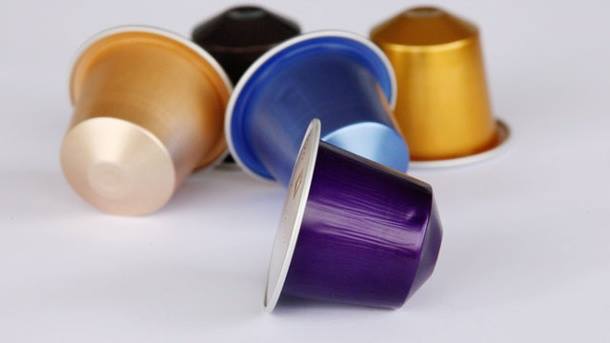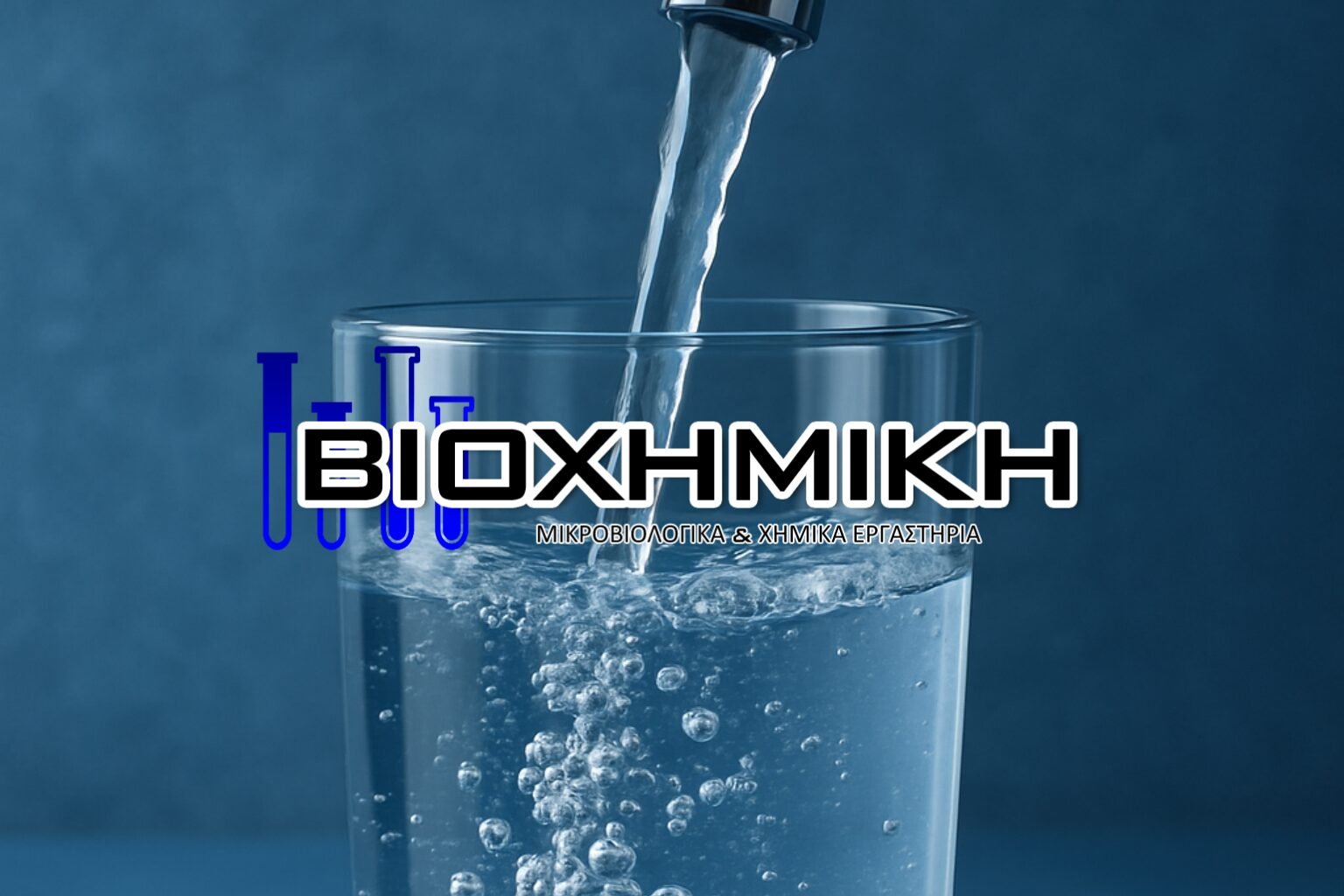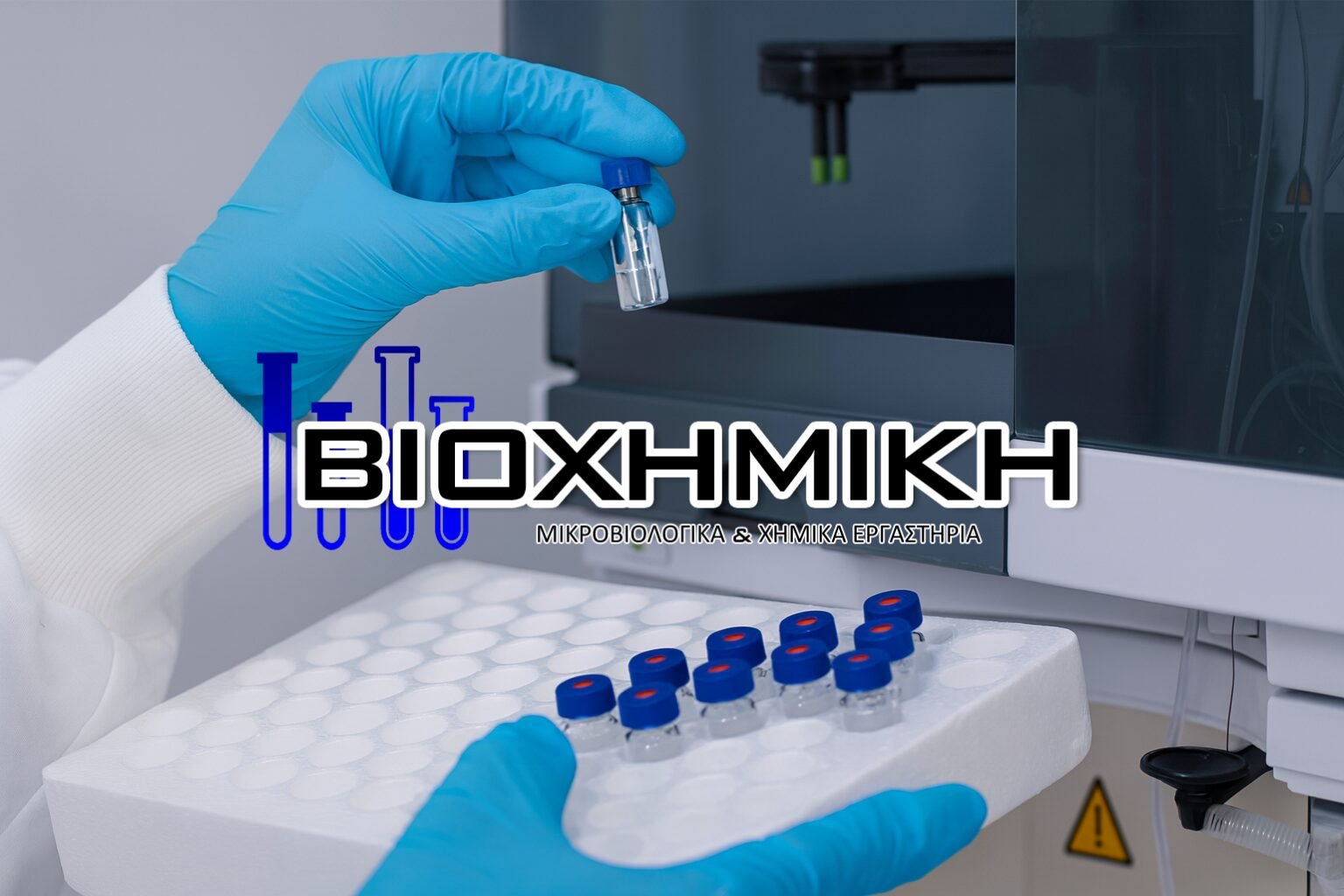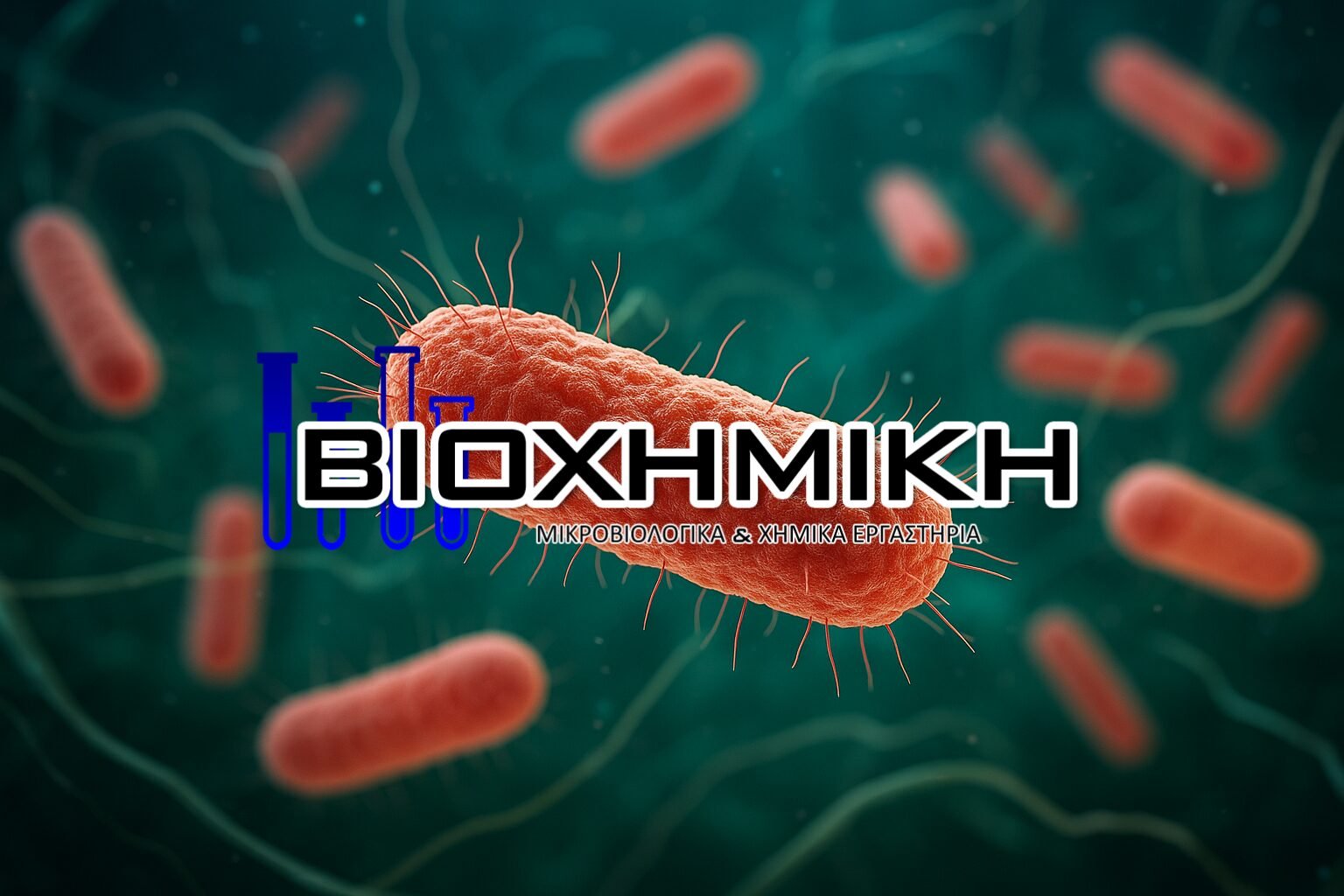Coffee capsules: extremely handy and extremely polluting
In many ways, coffee capsules represent some of the greatest evils of consumer society: wasted raw materials, such as aluminium and plastic, that can neither be recycled nor reused.
But the good quality of the final product, together with its ease of use and speed, have contributed to the rapid spread of the coffee capsule in households around the world.
One city in Germany is going against the grain and taking a public stand against the use of this product. The municipality of Hamburg, Germany’s largest port, has banned the purchase of “certain polluting products or consumables” with municipal money. The ban specifically focuses on ‘equipment for hot drinks using packaging capsules’.
“Capsules are associated with unnecessary resource consumption and waste generation and often contain polluting aluminum. Capsules cannot be easily recycled because they are often made of a mixture of plastic and aluminium,” says Hamburg City Council’s Environment and Energy Department spokesman Jan Dube.
Manufacturers of such products such as Nespresso have responded by developing recycling schemes whereby users deposit the capsules at collection points and then the product is taken somewhere in Europe where someone tries to separate the plastic from the aluminium. Supposedly Nespresso has 14,000 collection points in 31 countries from which 80% of capsules are processed, but no one has told us how many they actually collect out of the total they have sold.
The issue with capsules is not their recycling, but the fact that we need to reduce the amount of waste we produce, recyclable or not. This is a product that incorporates enormous energy and resource consumption throughout its life cycle: manufacture, use, recycling. The optimal solution for drinking ‘green’ coffee is to buy local or organic products in bulk if possible and enjoy our drink in our favourite cup, the one we will use again and again, as even the coffee grounds can be composted.
Lina D. Tsamili
Chemical Engineer, MSc
Chemical Analysis Manager
Department of Environmental Studies & Applications





